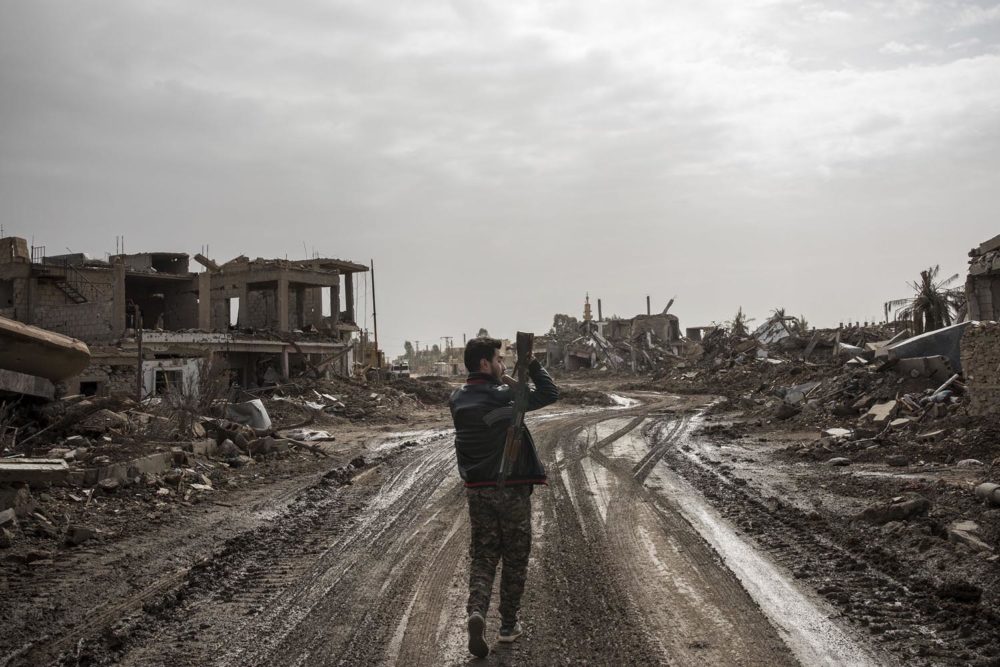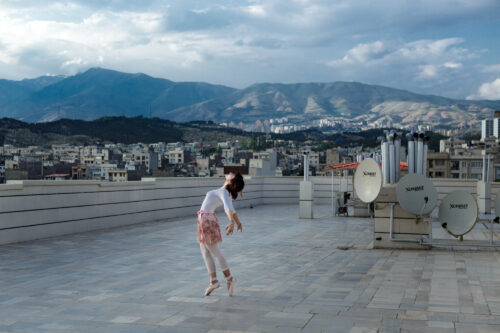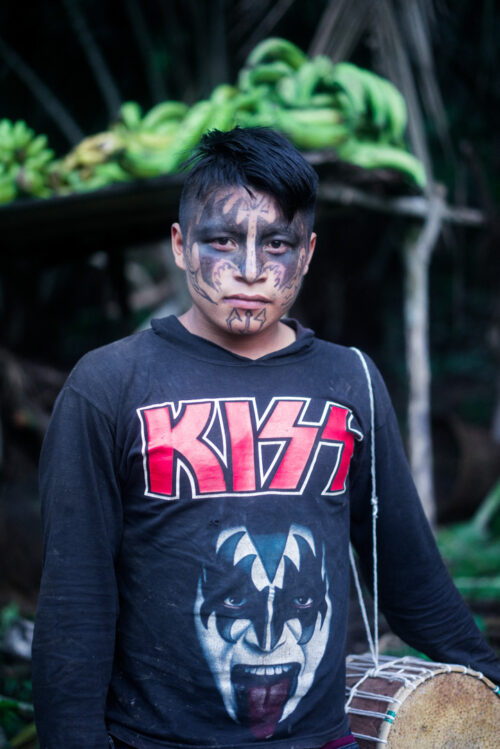Picture Series
Nicole Tung As Strong as the War, As Soft as the Peace
What does the moment of transition between the end of a conflict and the return to “normal” life look like? These pictures form part of an ongoing project on the consequences of the wars against the Islamic State in Iraq and Syria (ISIS), wars that are bringing long-term changes to society. From 2014 until 2019, territories in both countries were controlled by the so-called caliphate of ISIS until the extremist group was ultimately driven out in the Battle of Baghuz Fawqani. Thousands of civilian victims were the price that was paid. They died, were expelled or were exiled. The survivors now bear the burden as they try to rebuild their country, for many cities and communities, even months after liberation, resemble lunar landscapes. However, shops are reopening, and everyday life is slowly returning. Despite this seeming normality, dissatisfaction remains for many of those who have lost everything and must nonetheless carry on. If reconstruction does not proceed quickly, if people do not have work or a roof over their heads, this could provide fertile ground for new conflicts.
- Crisis
- Everyday Life
- Iraq
- Syria
- The Future
- War

*1986 in Hong Kong
After completing a double degree in Journalism and History, Nicole Tung began working in 2009 as a freelance photojournalist for international media and NGOs in the conflict zones of the Middle East. She is interested in the consequences of war such as migration and post-traumatic stress among veterans, human rights and women’s rights in particular. For her reports on conflict, she won the 2018 James Foley Award as well as an honourable mention at the Anja Niedringhaus Award.
























